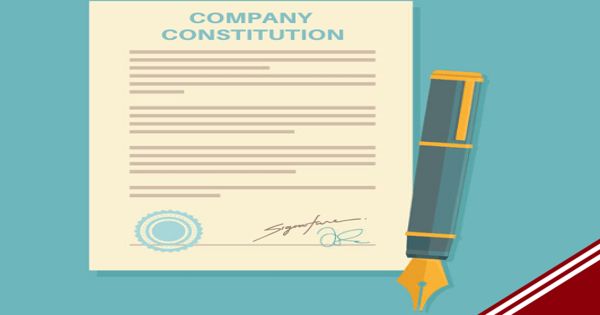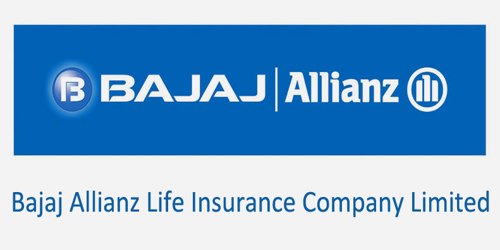Types of Resolution in terms of Company Act
Any resolutions (decisions) that are taken during the course of a board meeting or general meeting must be in accordance with the Companies Act, as well as the company’s articles of association and shareholders’ agreement. Resolutions are passed both by the company’s members and by its directors.
Types of Resolution:
(1) Ordinary Resolution – Passed by a simple majority (above 50%) of shareholders’ votes.
A resolution that is simply passed by the majority votes (not less than three-fourths) cast by the members in person or by proxy is known as an ordinary resolution. Members cast their votes on a show of hands or poll. The business of ordinary nature is recorded in such a resolution. The majority of ordinary resolutions must be filed with Companies House. Any matters can be decided through an ordinary resolution unless the Companies Act or the Articles of the company provide otherwise.
(2) Special Resolution – Passed by a 75% majority of shareholders’ votes at a general meeting.
A special resolution is one which is passed by at least 3/4th majority of the members voting on it at the General Meeting. It is that which records the decision of the meeting transacting some special business and which is passed by the majority of the members (not less than three-fourths). Members cast their votes on a show of hands or poll. Used for extraordinary business decisions that cannot be passed by an ordinary resolution.
(3) Extra-Ordinary Resolution
The resolution which is passed in a meeting at the consent of three-fourths of the participating members with a view to serving emergency purposes is called extra-ordinary resolution. The members must be communicated through notice before 14 days of holding a meeting to adopt such resolution and the extraordinary resolution must be explicitly mentioned in the notice. A copy of the extraordinary resolution must be submitted to the registrar of the company within 15 days of adopting such resolution in the meeting.
(4) Written resolutions
Written resolutions are a practical and convenient alternative to passing company resolutions in person at general meetings or board meetings. Used when a general meeting is not required to pass an ordinary resolution or special resolution. Any written ordinary resolution must be passed by a simple majority of shareholders’ votes.
















